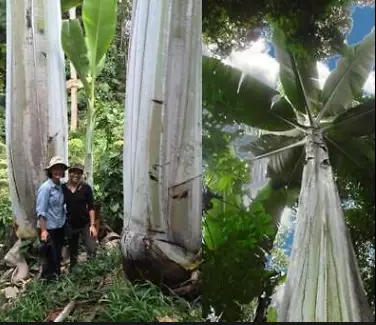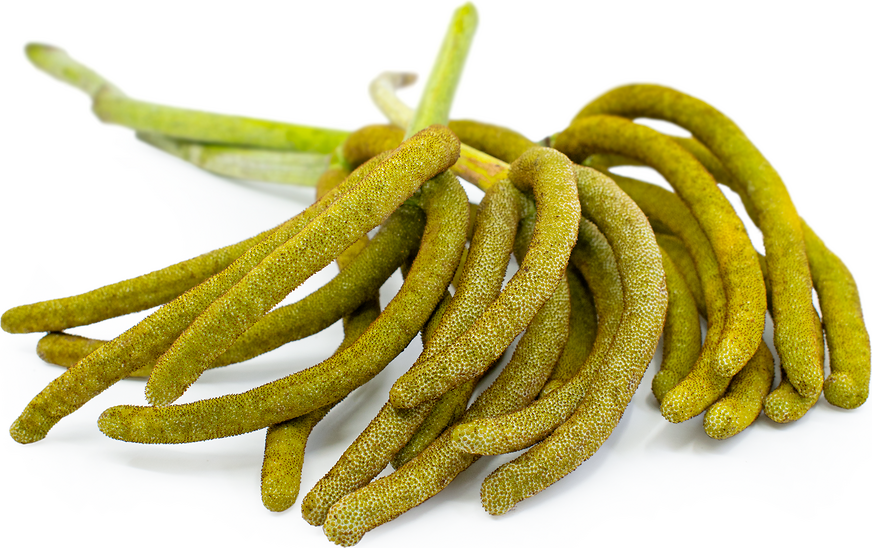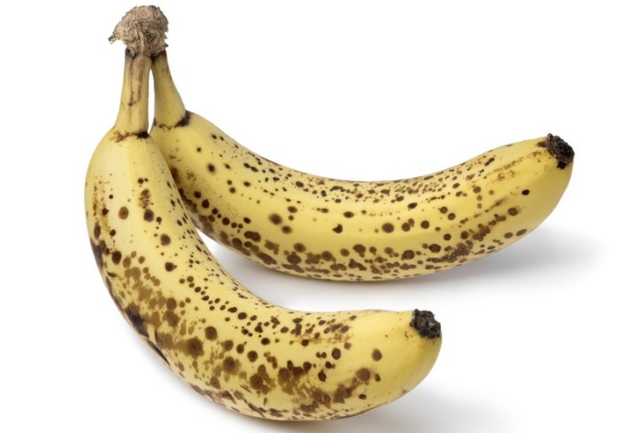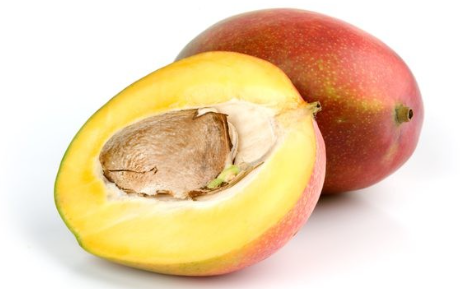Have you ever bought a delicious-looking mango from the store, only to find it’s turned mushy after just a few days at home?
Knowing how long mangoes stay good helps you enjoy them when they’re sweet and tasty. We’re going to look at how long it takes for mangoes to go from good to bad, and what affects their freshness.
Table of Contents
What Makes Mangoes Go Bad?
Several things can make mangoes go bad quicker.
One big thing is how they ripen. Mangoes are picked when they’re still hard. They then ripen on their own later. If they’re picked too soon, they may never taste right.
Heat and wetness can also make mangoes ripen too fast, which makes them go bad. But keeping them in a cool place can help them last longer and slow down the ripening.
How Mangoes Ripen
Mangoes get ripe in stages. At first, they’re hard and might look green.
Then they start to ripen, get softer, and taste better. When they’re fully ripe, they have bright colors, juicy insides, and a sweet smell.
How to Tell If a Mango Is Ripe
Look for a few things to see if a mango is ready to eat. Check the color – ripe mangoes usually look bright yellow, orange, or red. Next, press it gently. If it’s ripe, it should give a little but not be too squishy.
Smell the mango near the top. A ripe mango will smell sweet and fruity.
Keeping Mangoes Fresh Longer
To keep mangoes fresh longer, the way you store them matters. Keep ones that aren’t ripe yet at room temperature to let them ripen. When they’re ripe enough for you, put them in the fridge to stay fresh longer.
If you have too many ripe mangoes, you can freeze them. Just peel and cut them, then put them in bags or containers that are sealed tight. Frozen mangoes are great in smoothies or on their own as a cold snack.
How Long Before Mangoes Go Bad?
Mangoes that aren’t ripe yet can last about a week or more at room temperature until they get ripe. Ripe mangoes can be kept in the fridge for about 3 to 5 more days.
But remember, heat and humidity will make them ripen and spoil quicker. And if they get bruised or hurt, they might not last as long.
When Mangoes Are Too Ripe
Sometimes, mangoes can get too ripe. You can tell because the skin might wrinkle or turn brown. They could also smell bad.
If the mango feels really soft or tastes weird, like it’s started to ferment, it’s best to throw it out because it won’t taste good and might not be safe to eat.
Using Overripe Mangoes
If you have mangoes that are too ripe, you can still use them. They’re good in smoothies, sauces, jams, or baked treats like bread or muffins. And because they’re easy to mash, they make whatever you’re making sweet and smooth.
You can also compost old mangoes to help make soil for your garden richer, just remove the seeds first.
What Not to Do When Storing Mangoes
There are some things you shouldn’t do when storing mangoes to make them last. Don’t keep them in places that are too cold or too hot, as extreme temperatures can damage them or make them ripen too quickly. Make sure they can breathe; don’t seal them in plastic without holes, or they can get moldy.
Also, keep mangoes away from fruits like apples and bananas that give off gas, which can make them go bad faster.
Conclusion
Mangoes are a yummy fruit to enjoy, but knowing how to keep them from going bad is key. Now you know about the different stages of mango ripeness and the best ways to store them. So remember to eat them when they’re just right, and if they get too ripe, you can still find ways to make use of them.

![What Is the National Fruit of Ecuador and Why? [ANSWERED]](https://fruitonix.com/wp-content/uploads/2023/04/What-Is-the-National-Fruit-of-Ecuador-and-Why-1024x637.jpg)




![What Fruits Can Birds Eat? [15 Nutritious Fruits]](https://fruitonix.com/wp-content/uploads/2023/05/Screenshot-2023-05-11-4.13.04-AM.png)


